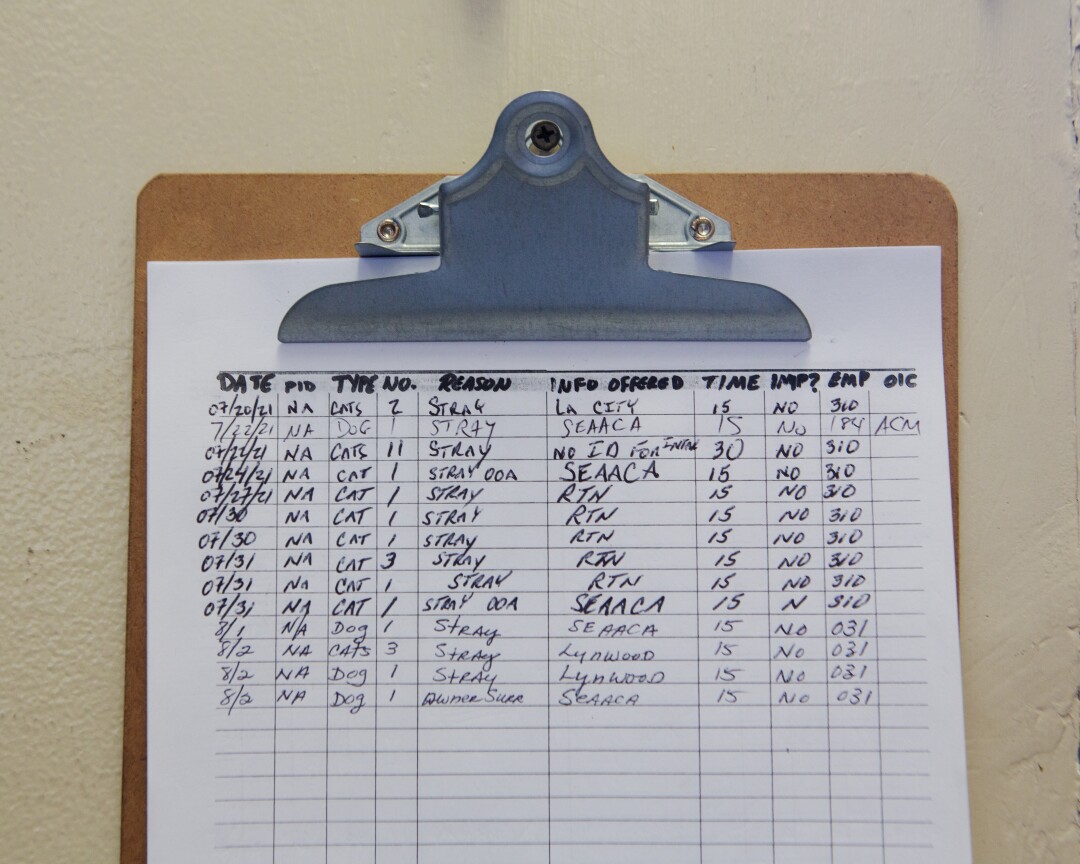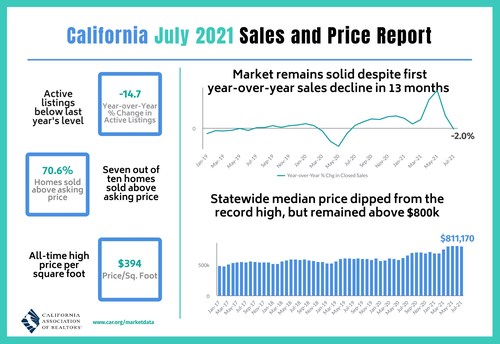Original Article – https://www.gobankingrates.com/investing/real-estate/renovations-to-make-and-skip-before-selling-home/
Perhaps nothing inspires home renovation or remodeling ideas more quickly than having to prepare a house for sale. However, it can be confusing to know which renovations are worth the time and money, and which ones are best left undone.
Read: Craziest Things That Kill Your Home’s Value
What Adds More Value to Your Home: Indoor or Outdoor Upgrades?
GOBankingRates asked experts to weigh in on what renovations sellers should make and which ones they should skip, ranging from the smallest of fixtures to the biggest structural additions, so that you get the most bang for your buck.
Make: First-Class Bathroom Cabinets
According to real estate agent Daniele Kurzweil in New York, you should focus your renovations on bathrooms, particularly cabinet space. “Bathrooms are a chance for you to build an oasis of tranquility in your home,” she said.
“Certain upgrades are a necessity. Oversized medicine cabinets with mirrored insides and hidden electrical outlets are a must,” she added.
Double vanities are even better because people want the space to spread out their things, especially when sharing a bathroom. A thick marble or marble equivalent top is a bonus.
Skip: A Sunroom
Rhianna Miller, a home and landscaping design expert for Rubber Mulch, discourages big additions such as a sunroom. “This is another example of investing in novelty rather than utility,” she said.” The financial return, she said, is only 45% at the sale.
Read: Homes Won’t Be Affordable in These Cities Within 10 Years
Skip: A Pool
Although it seems you might attract buyers with a pool, Miller warned against this addition because they cost a lot of money to install and maintain — and you won’t get the money back when you sell your home.
“They are a very season-dependent addition. If your area has a lot of storms or any kind of winter, the pool will not be used enough to justify the cost. The return on pools is also very low at less than 25%,” she said.
Don’t Miss: 25 Tricks To Sell Your House for a Bigger Profit
Make: Kitchen Upgrades
“Kitchens are decision-making rooms,” said licensed broker Rebecca Green with Hasson Company Realtors in Oregon.
While she doesn’t recommend an entire kitchen remodel before selling, she said she has seen an upgrade or two pay off. “I often work with sellers on freshening up their kitchens with paint and perhaps new counters and backsplash. I have seen a $20,000 investment in a kitchen net a seller (an additional) $50,000.”
Skip: New Flooring
It’s tempting to throw down new money on fancy flooring or wall-to-wall carpeting, but that can be a waste of money, Kurzweil said. “Try refinishing or cleaning it instead. Many people will have an aversion to one or the other and they will most likely rip out that beautiful new beige wall-to-wall carpeting in the bedrooms to put down hardwood floors anyway.”
Make: Add Paint, but Remove Wallpaper
Green said sellers would be amazed at what a little paint can do. “The ROI [return on investment] on this is huge. If patient and willing, homeowners can paint themselves, which makes it even more cost-effective,” she said.
She suggests a neutral, light color to give the greatest appeal to the most buyers. If a house has wallpaper, it’s worth taking that down and painting the walls. “This is a messy job that most buyers do not want to take on,” she said.
Home Improvement: 20 Home Renovations That Will Hurt Your Home’s Value
Skip: Converted Garage
If you’re considering converting your garage into an extra living space or bedroom, don’t. “Many potential home buyers see a functioning garage as a necessary asset,” Miller said. “You lose out on a lot of buyers’ interest. The return is also only 60%.”
Make: Upgrade the Garage Doors
If you want to put some time and money into your garage in a way that will pay off, Miller said upgraded garage doors bring a 98% return. Plus, a new door will make your home more attractive to a prospective buyer.
“An upgraded garage door adds to curb appeal, as well as being a tangible piece of security for potential buyers. A sturdy garage door is much more preferable to a flimsy one,” Miller said.
Skip: A Bidet
A bidet might sound like a fancy way to improve a bathroom, but Kurzweil warns against them, calling them superfluous. “No one in the U.S. really uses them. They are big and bulky and take up precious space. If someone really wants one, it can always be added later by hooking up one of the new systems directly in the toilet,” she said.
Make: Add Fresh Siding — or At Least Refresh It
Nothing affects your home’s curb appeal as much as siding, Miller said. She recommended replacing vinyl siding with a stone or brick veneer on part of your home, such as an entryway.
“If nothing else, give your exterior a good power wash,” she said. “You’ll be amazed how it improves the presentation of your home once the dirt and grime build-up is removed.”
Skip: Custom Upgrades
Kurzweil recommended staying away from upgrades that you think will be unique or special. Buyers just might not share your enthusiasm.
“Do not sacrifice valuable storage for a separate steaming or warming drawer,” she said. “If someone really wants the pasta arm, they are happy to put it in at their own expense and are not buying your home because it is the only one that has it. A built-in espresso maker might seem like a must-have but once it breaks, it is a pain to fix and is not worth losing an entire shelf.”
Skip: Big-Ticket Fixes
Jeanette said homeowners aren’t guaranteed a return on the investment of many renovations when the home sells. Thus, he encourages sticking to cosmetic fixes and not big-ticket items, such as a new driveway, which costs an average of $4,230, according to HomeAdvisor. “However, you can do a quick resurface or re-seal yourself for about $50,” he said.
Make: Lighting Improvements
Not all renovations have to break the bank, said Eric Jeanette, who owns two home financing companies, Dream Home Financing and FHA Lenders.
“Lighting is an area that is often ignored when it comes to home remodeling and renovations. Modern pendants in the kitchen, a new entrance light fixture, bright bathroom lighting and dimmer switches can make the home pop on a budget,” he said.
Make: An All-Season Outdoor Space
For smaller houses, Romana King, director of content for the Canadian real estate website Zolo.ca, recommended creating an all-season outdoor space, particularly one that can lend itself to outdoor dining. She said sales figures show that well-planned and executed outdoor spaces contribute 10% to 15% of a property’s value.
Skip: Big Spending on Curb Appeal
King’s data also finds that the curb appeal of a home only accounts for approximately 8% of the property’s value. Therefore, she said, “If a seller wants to maximize their sale price, consider spending less than 8% of the property’s value on curb appeal updates. Do this and you can maximize the sale price without overspending on an update.“
Skip: Renovating More Than Your Neighbors
Benjamin Ross, a realtor with Mission Real Estate Group in Texas, recommended you pay attention to your neighbors’ homes before upgrading. “It would be wise to look at the comparable homes that are for sale in your neighborhood. Pay close attention to functionality and upgrades, as potential buyers will likely compare your home to these homes. This comparison will serve as a guide to which types of renovations from which you may benefit.”
Make: A Sparkling Bathroom
Travis Carroll, an agent with the Oxford Property Group in New York, pointed out that there is nothing more off-putting to a buyer than a dirty or run-down bathroom.
“Bathrooms are gross if we really think about it,” he said. If you are not good at deep cleaning, he recommended hiring a professional service to clean your bathroom. Use a pressurized steam cleaner, if necessary, for stubbornly stained grout.
If cleaning doesn’t cut it, he recommended that you recaulk the edges where small gaps have formed over the years. Those gaps “show the buyer that you didn’t care and neglected it,” he said.
Make: Yard Improvements
Carroll emphasized a simple way to renovate for little cost: yard work. Remove overgrown shrubbery and trim other plants, leaving a few select, attractive things in place to accent the house. He advised adding colorful flowers for some pop and throwing mulch down over the rest of it for a well-kept look.
Skip: Anything Built-In
Real estate agent Ashley Baskin, who serves on the advisory board for Home Life Digest, said to steer clear of anything built-in, such as bookshelves and entertainment centers. “These are nice for your specific life, but they are too specific [for buyers]. This is one of the reasons media rooms, theaters and offices are ranked low on the list for return on investment – not everyone needs or wants them,” she said.
Make: Changes to Kitchen Countertops and Cabinets
A good place to focus your renovation energies is on the kitchen, Baskin said. “Start with countertops because they are the most visible and can be a quick and easy replacement. Next, you should refresh the cabinets.” For cabinets that are structurally in good shape, you simply can paint and reface them, but if they’re falling apart, it’s better to replace them, she said.
Skip: Additions
It might be tempting to add square footage, thinking it will pay off in the sale price, but Baskin discourages doing so. “Additions may add to the overall square footage of the home, but in general, additions do not pay off. This includes kitchen, bathroom and bedroom additions.”
She said the initial cost is high and won’t necessarily bring you more money at sale time. “Additions make more sense when you really need the added space and will stay in the home long enough to enjoy it.”
Skip: A New Roof — but Have It Inspected
Kershan Bulsara, a partner at Roofmaster in the Canadian province of Ottawa, suggested you probably don’t need to renovate or replace your roof, which can cost a lot of money, but it is worth having it inspected to build confidence for the buyer. “Having it inspected will reassure the new homeowners that they don’t have to worry about it or deal with it any time soon — increasing the likelihood of them making the purchase.”
Skip: Adding Personal Style or Trends
Green cautions homeowners against any upgrade that reflects personal style or trends. “Ornate and overly expensive fixtures in a bathroom, for example, are not necessarily going to provide a good return on the investment. There should be a balance between expense, return and appeal.” She also suggested working with a professional stager, rather than trying to stage the home yourself.
Make: A Deck
“People love having an outdoor entertainment and living space, so adding a deck for barbecuing and such has a high return on investment of 83%,” Miller said. She recommended it be properly finished and weather-proofed so it will last for years to come. “It will also be looking its best when it is time to sell, instead of a rickety eyesore.”
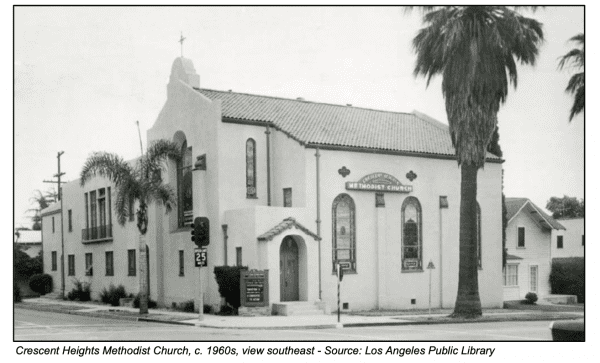
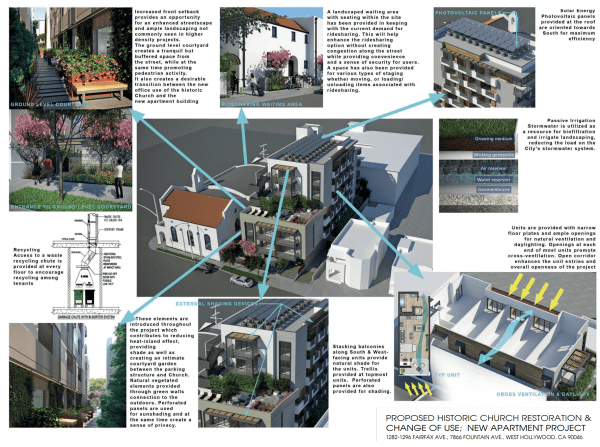



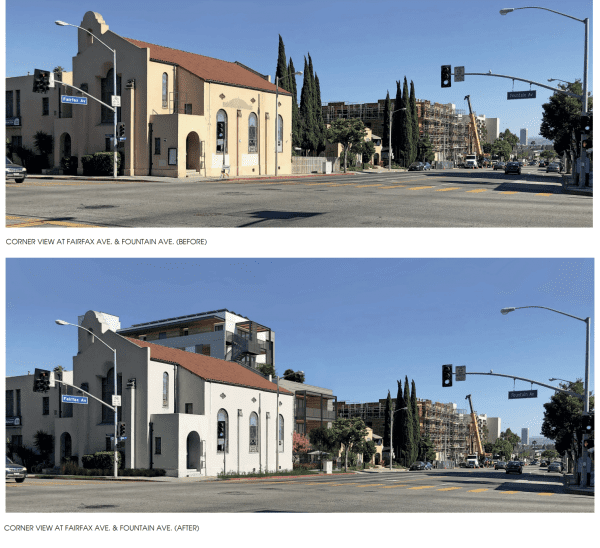

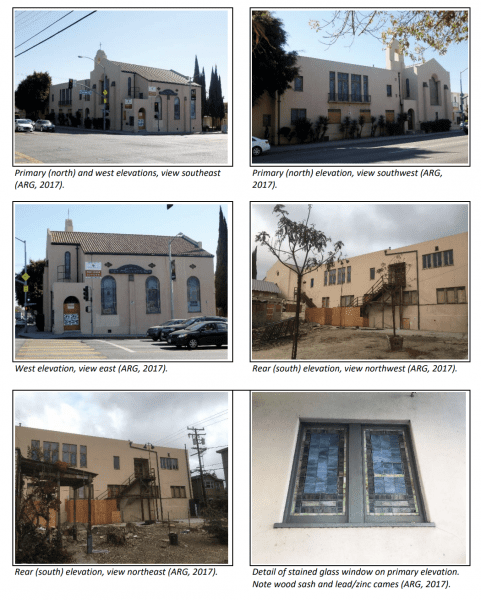

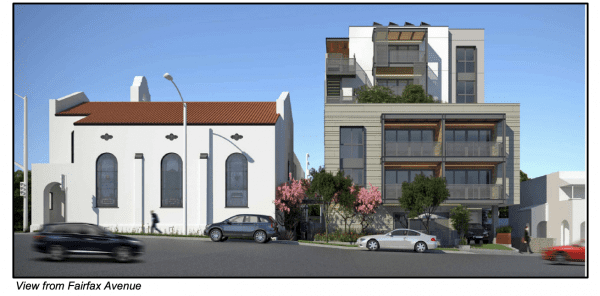



 Julio Rovira looks down at a recently adopted terrier mix while walking her to her new owner, Kavar McDaniel.(Madeleine Hordinski / Los Angeles Times)
Julio Rovira looks down at a recently adopted terrier mix while walking her to her new owner, Kavar McDaniel.(Madeleine Hordinski / Los Angeles Times)
